Winds Of Change
runktrun
17 years ago
Related Stories
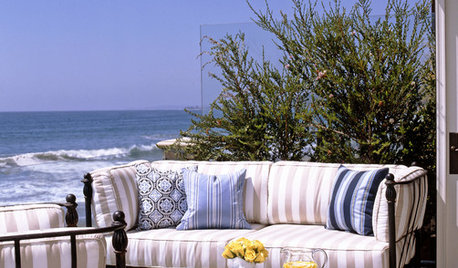
GARDENING AND LANDSCAPINGHow to Screen a Seaside Garden From the Wind
Lucky enough to live by the coast? Here’s how to protect your garden and deck from the harsh sea breezes
Full Story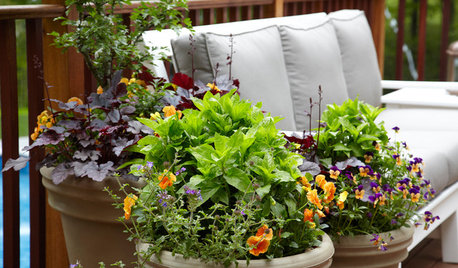
GARDENING AND LANDSCAPING13 Quick-Change Boosts for a Spring Patio
Enjoy your outdoor room more with these enhancements that are easy, impactful and kind to your budget
Full Story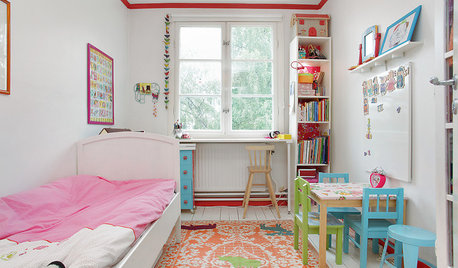
LIFEStop the Toy Takeover by Changing the Way You Think
Make over your approach and get gift givers onboard with your decluttering efforts by providing meaningful toy alternatives
Full Story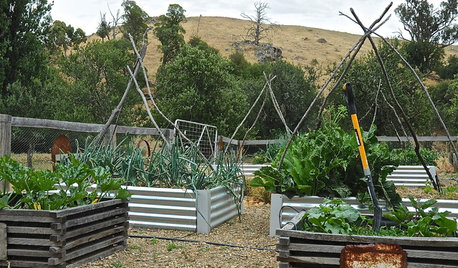
FARM YOUR YARD9 Ways to Change Up Your Vegetable Garden for the Coming Season
Try something new for edible plantings that are more productive than ever
Full Story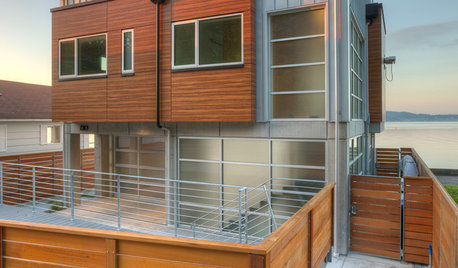
ARCHITECTUREHouzz Tour: Sturdy Enough for a Tsunami
Storms don't scare this Washington state home; breakaway features and waterproof finishes let it weather high winds and waves
Full Story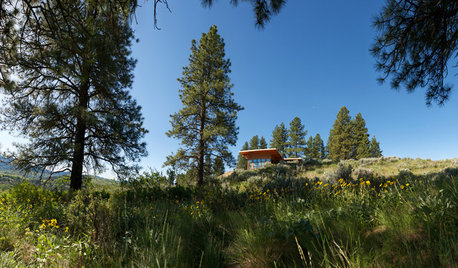
REMODELING GUIDESWhen Retirement Came Early, a Couple Headed for the Hills
A Seattle pair turn their part-time home into a full-time one, remodeling it to gain views and help it stand up to snow, sun and wind
Full Story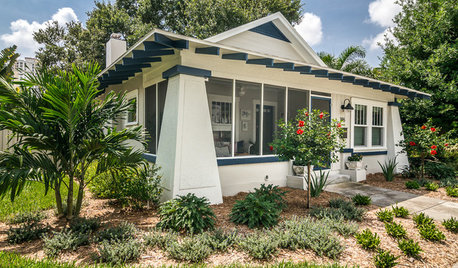
TRANSITIONAL HOMESHouzz Tour: Would-Be House Flipper Falls Hard for a Florida Bungalow
An investment project winds up becoming home for a St. Petersburg, Florida, design enthusiast
Full Story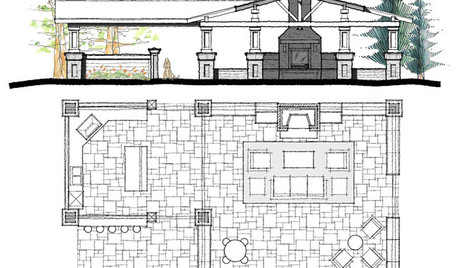
LANDSCAPE DESIGNClimate Control: Work With Nature's Elements for the Best Outdoor Space
Consider sun, wind and water where you live for a deck or patio that's as comfortable as possible all year long
Full Story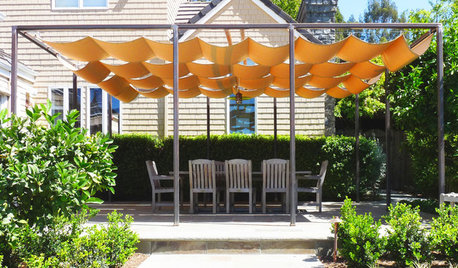
GARDENING AND LANDSCAPINGShady Character: Stylish Covers for Your Patio
Top off your patio with a chic cover to protect guests from wind, sun and summer showers
Full Story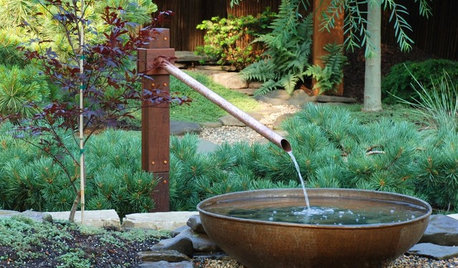
LANDSCAPE DESIGNBeautiful Noise: How to Create a Symphony in Your Garden
Take your surroundings to another level by introducing the element of sound with ground covers, water features and wind catchers
Full Story





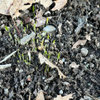
Saypoint zone 6 CT
asarum
Related Professionals
Arnold Landscape Architects & Landscape Designers · Ballenger Creek Landscape Architects & Landscape Designers · Foothill Ranch Landscape Architects & Landscape Designers · Chesapeake Ranch Estates Landscape Contractors · Cockeysville Landscape Contractors · Dudley Landscape Contractors · Gaithersburg Landscape Contractors · Indio Landscape Contractors · Mount Sinai Landscape Contractors · Wickliffe Landscape Contractors · Kingsburg Landscape Contractors · Layton Decks, Patios & Outdoor Enclosures · Northglenn Decks, Patios & Outdoor Enclosures · Philadelphia Decks, Patios & Outdoor Enclosures · St. Louis Decks, Patios & Outdoor Enclosureshostasz6a
drippy
ellen_s
triciae
diggerdee zone 6 CT
mayalena
chelone
diggerdee zone 6 CT
Saypoint zone 6 CT
mayalena
veilchen
diggingthedirt
runktrunOriginal Author
diggerdee zone 6 CT
runktrunOriginal Author
liv2learn